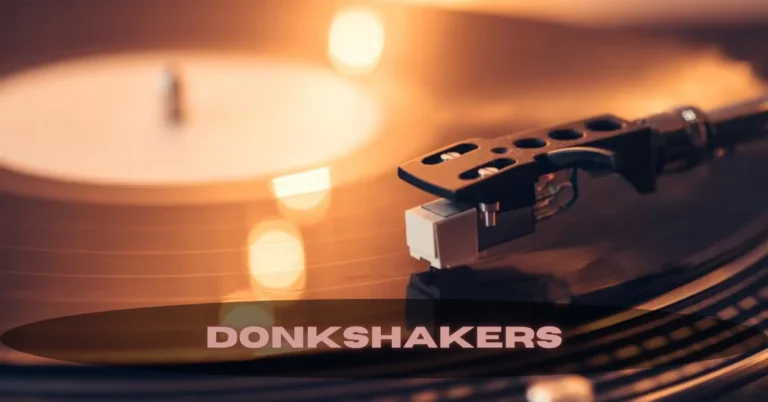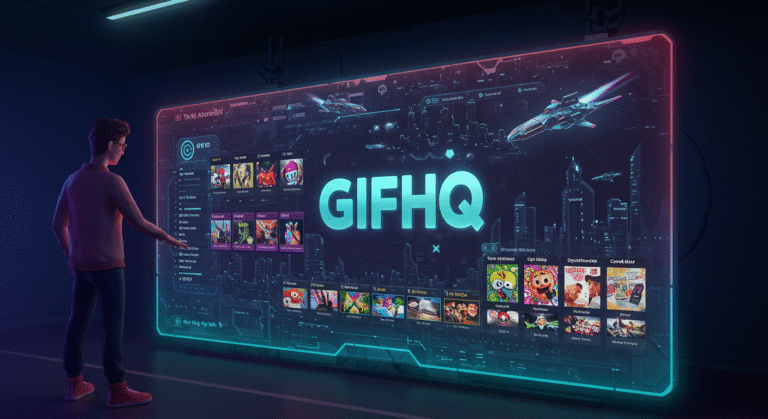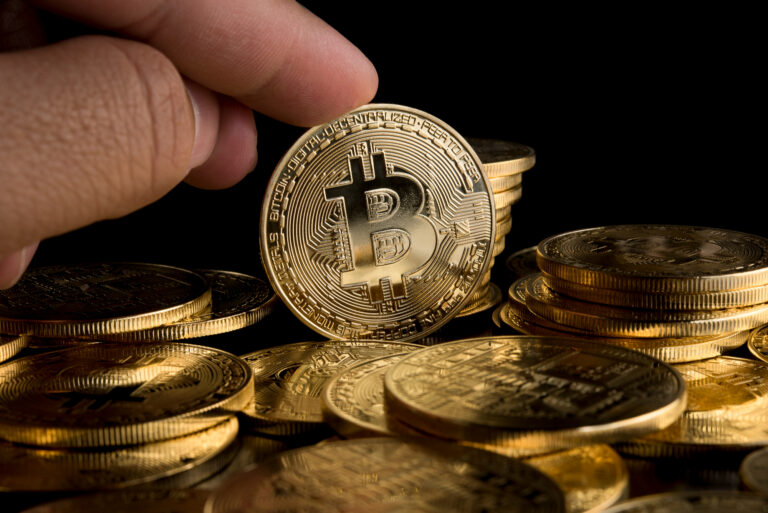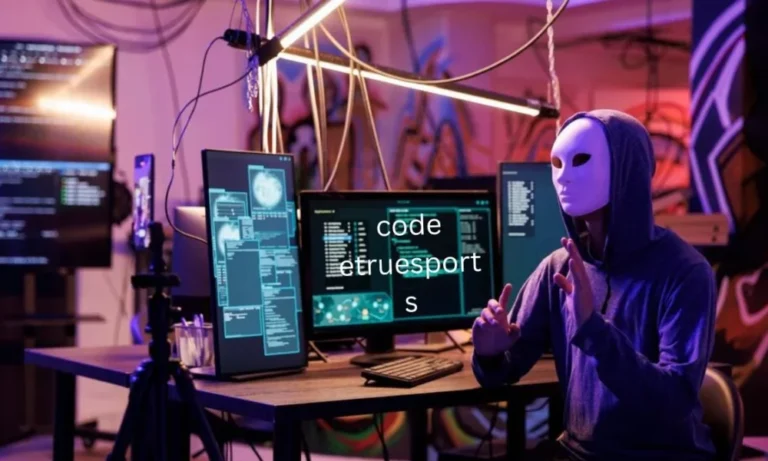Stormigee Leaks: Unpacking the Controversy and Online Buzz
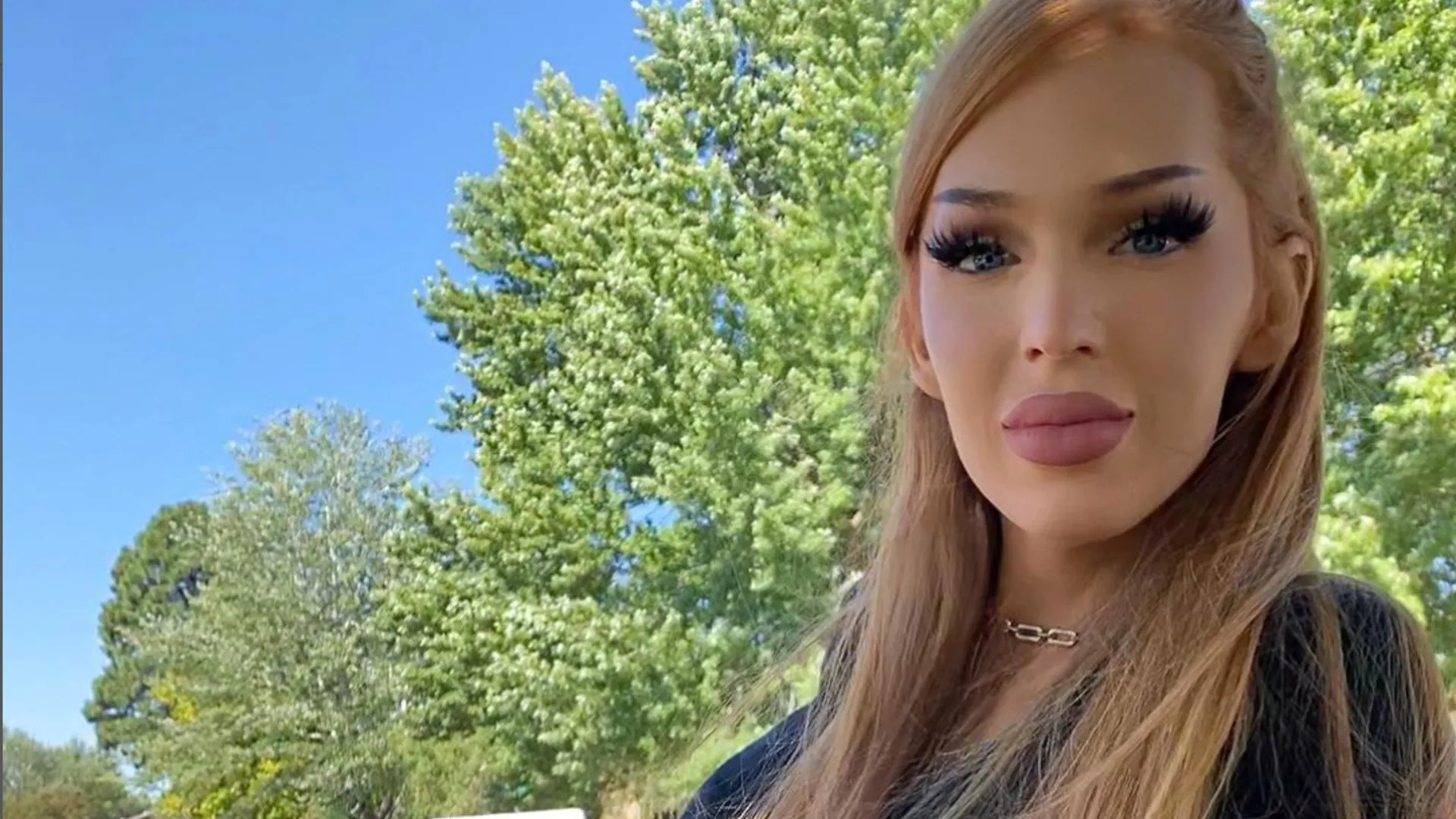
In the ever-evolving world of internet personalities and social media influencers, digital privacy remains one of the most contentious and frequently debated topics. Among the recent controversies that have gripped online communities is the issue of the “Stormigee leaks” — a term that has quickly become a focal point in discussions on data security, privacy rights, and digital ethics. This article seeks to explore what the Stormigee leaks entail, how the situation unfolded, its impact on the individual involved, and what broader implications it holds for the internet at large.
Table of Contents
ToggleWho Is Stormigee?
Stormigee is known in various digital spaces as a rising internet personality. With a growing presence across platforms such as TikTok, Instagram, and X (formerly Twitter), she gained popularity through fashion content, lifestyle vlogs, and often candid interactions with her audience. Her ability to connect with followers using a down-to-earth and relatable style helped her amass a loyal fanbase.
However, like many influencers who open windows into their personal lives online, Stormigee became vulnerable to the invasive nature of the internet.
The Emergence of the Leaks
The so-called “Stormigee leaks” began surfacing on online forums and private messaging groups, with some images and personal content allegedly stolen and distributed without consent. As is common with such digital breaches, the materials quickly spread across several sites despite takedown efforts. The controversy rapidly gained traction, not only because of the nature of the content but also due to the discussions around how such private data was accessed in the first place.
Initial speculation suggested that the breach could have originated from a hacked cloud account, a phishing scheme, or an insider leak from someone personally known to her. While the exact source of the leak remains unclear, the fact that this content was never meant for public viewing made its circulation all the more problematic.
Public Reaction
Public reactions to the Stormigee leaks were deeply polarized. Some of her supporters rushed to her defense, expressing outrage over the violation of her privacy and demanding accountability from those sharing or reposting the content. The hashtag #JusticeForStormigee began to trend in certain circles, signaling solidarity and a demand for better protections for content creators and influencers.
On the other hand, as with most online scandals, there were also those who approached the situation with mockery, judgment, or even malicious intent. This speaks to the broader cultural issue of desensitization to digital invasions of privacy, especially when they involve women in the public eye. The consumption of leaked or stolen content is still often treated as entertainment rather than a crime, despite clear ethical and legal boundaries.
Impact on Stormigee
The emotional and reputational toll such events can take on individuals like Stormigee is considerable. Public figures often operate under immense pressure to maintain a particular image, and breaches of this nature can feel like a complete loss of control over one’s narrative.
For Stormigee, this meant not only dealing with the emotional trauma of having her private life exposed but also facing speculation and unwanted commentary from strangers. In some cases, brands or collaborators may withdraw support out of fear of association with scandal — regardless of the influencer’s innocence in the situation.
Nonetheless, many influencers who’ve faced similar issues before have taken control by addressing the leaks head-on, expressing their experiences, and using the incident as a platform for raising awareness. Whether or not Stormigee chooses to publicly respond, the incident marks a critical turning point in her digital journey.
The Ethical Dilemma
The Stormigee leaks force us to confront difficult ethical questions. Why does society continue to consume and share leaked content, knowing it was obtained without consent? What responsibility do social media platforms have to curb the spread of such material? And how can influencers protect themselves in a world where privacy is increasingly fragile?
Some argue that being a public figure inherently involves sacrificing a certain level of privacy. However, this line of thinking dangerously blurs the line between voluntary public sharing and unauthorized breaches of personal data. Consent is the cornerstone of ethical content consumption, and the absence of it should raise immediate red flags, not curiosity.
Platform Responsibility
Social media platforms and hosting services bear significant responsibility in such situations. Whether through more robust security features, faster response times to takedown requests, or implementing AI-driven monitoring for unauthorized content, these companies can help minimize the damage caused by leaks.
However, tech platforms have long struggled to strike a balance between free speech and user protection. Often, harmful or exploitative content can remain online for hours or even days before being removed, by which point it may have already spread to countless other platforms and users.
In the case of the Stormigee leaks, platform responsiveness was reportedly mixed. Some networks responded quickly to takedown reports, while others lagged behind, allowing further dissemination.
A Cultural Wake-Up Call
The incident has also become a cultural wake-up call, particularly among the younger generation of social media users. It serves as a reminder that while digital fame offers many benefits — visibility, monetization, influence — it also comes with profound risks. The commodification of personal lives in exchange for clicks and likes creates fertile ground for exploitation.
Furthermore, the Stormigee leaks have sparked wider conversations about gender, privacy, and exploitation. Women are disproportionately targeted in these types of breaches, and their digital autonomy is often undermined by voyeuristic online communities. This reflects deeper societal issues around control, objectification, and consent.
Legal Consequences
From a legal standpoint, the distribution of non-consensual content is a punishable offense in many countries. However, enforcement is often challenging due to the decentralized and anonymous nature of the internet.
For victims like Stormigee, the legal process can be long and emotionally exhausting. Pursuing action often means reliving the trauma, dealing with unsympathetic authorities, or encountering further victim-blaming. While progress has been made in digital privacy laws, much work remains to ensure victims of such breaches receive timely justice and support.
Conclusion
The Stormigee leaks are not just another passing scandal in the world of internet drama — they represent a serious breach of privacy and a moment of reckoning for how we view and treat public figures in the digital age. Whether or not one follows or supports Stormigee personally, the fundamental issue at stake is consent, dignity, and the right to control one’s own digital presence.
As the internet continues to blur the lines between public and private, cases like this will only become more frequent unless stronger safeguards are put in place. Until then, users must take responsibility in shaping an online culture that respects boundaries and upholds basic human decency.
About the Author
admin
Administrator
Welcome to our guest post platform — your destination for insightful, high-quality content from contributors around the world. I'm Qasim Malik, the admin behind this initiative, committed to building a diverse space where voices from various industries, interests, and backgrounds come together. Our mission is simple: to empower writers, bloggers, and thought leaders by giving them a platform to share their expertise, opinions, and stories. Whether you're a seasoned expert or a passionate beginner, our site welcomes you to publish and connect with a wider audience.

